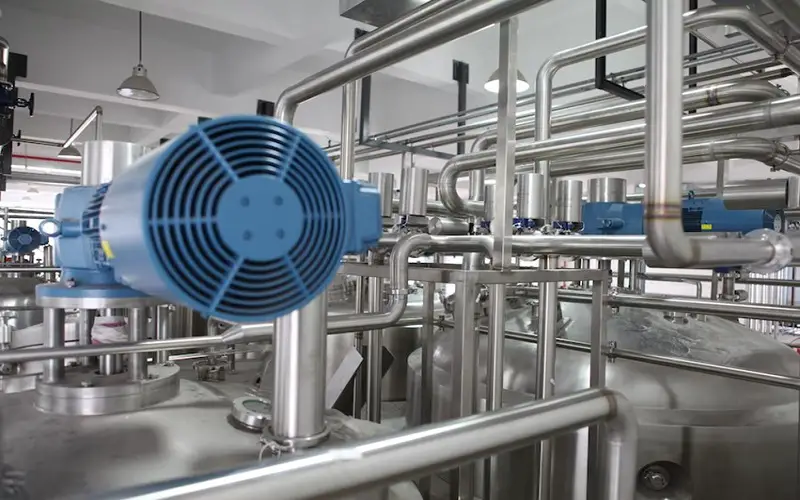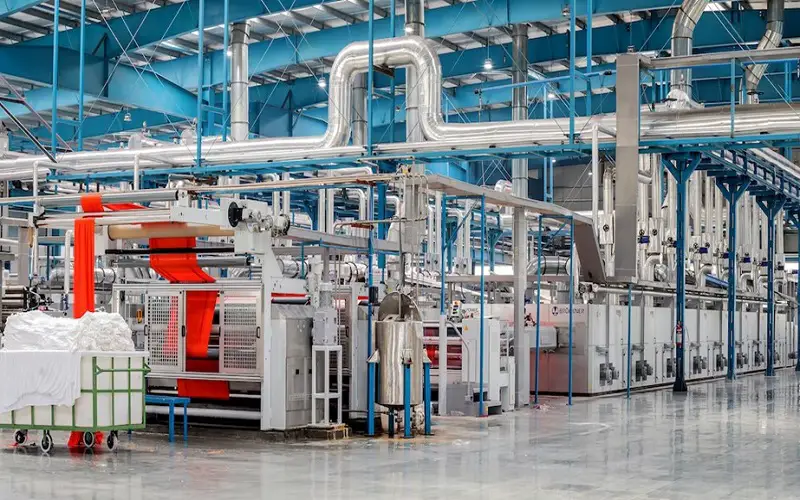If your business produces and sells physical products, then you need to make sure that they are produced to a high standard. If your products don’t meet industry quality standards, you could get into trouble. Your business will probably be fined.
However, ensuring your products meet quality standards isn’t difficult. With the right attitude, financial investment, and careful oversight, you can easily ensure all of the products your company sells are produced to a high standard.
This post will tell you how you can make sure your products meet quality standards.
Inspection Points
At various points in your factory’s production line, there should be inspection points. If you sell food, then you need a food inspection system, which involves checking food at different stages of its production, ensuring everything is prepared, cooked, and packaged properly. You still need inspection points even if you are selling non-food items. You should either outsource your company’s production line inspection to an experienced agency, or you should hire somebody to do it. Make sure that each item is inspected diligently and properly. Introducing inspection points is an easy way of doing this.
Experienced Staff
You need to make sure that the staff you employ for production are experienced and know what they are doing. If they do not, then they could make mistakes. Mistakes during production can lead to faulty products. One of the worst things that can happen when a faulty product is sold is that somebody hurts themselves. If somebody’s injured because of a product your company sold them, they can take legal action against you. Not only can legal action lead to you losing a lot of money, but it can also be very bad for publicity.
Quality Machinery
The machinery you use in your production line needs to be the best that you can afford. If you are on a budget, then you may want to consider buying machinery on credit. Buying on credit allows you to buy above your budget. Quality machinery is always something you need to ensure that you have. If the machinery you are using is not very good, then faulty products will become an issue. You also need to routinely inspect and maintain your machinery. If you don’t take care of it, then it will begin to deteriorate eventually.
Superior Ingredients
If you are preparing, cooking, and packaging food, then it’s essential that you use the best ingredients you can get your hands on, even if you’re selling a budget product. You are far more likely to make your customers sick if you’re selling low-quality ingredients. Also, ensure the company, farm, or agency that you’re sourcing your ingredients from has a commitment to delivering high-quality products. You can find out whether or not they do by reading their reviews. A company’s reviews will give you a clear idea as to whether or not they are worth working with (and what it’s like working with them).
Regular Cleaning
You need to make sure that you regularly clean your machinery and your factory. Never let a day go past where cleaning doesn’t take place. If you sell and distribute food, then make sure that you do not use harsh or abrasive chemicals to clean your machinery. The cleaning chemicals you use should not pose a health risk. If your employees do not have the time to clean your factory themselves, then hire a janitor, and pay for regular deep cleaning. Deep cleaning should take place at least once a fortnight if food is involved. If you sell non-food items, then you can deep clean once a month.
Part Production
The parts that you use to create your products need to be thoroughly checked and inspected before they are used. This is so that any faulty parts can be sent back to their supplier, replaced, and returned. If faulty parts are used to build your products, then people could get injured. Even if it is the part manufacturer’s fault, you will be blamed. After all, it’s your responsibility to check the parts that you use in your products, nobody else’s. If a manufacturer consistently sends you faulty parts, find another to work with.

Complaints Process
While you can do everything in your power to limit faulty products being released and sold, occasionally one or two might slip through the net. When this does happen, there needs to be a good complaints process in place, so that people can have their problems addressed and issues resolved. If you do not have a complaints process in place, customers will have to get lawyers involved. It’s a lot easier to resolve people’s complaints yourself. When lawyers get involved, compensation from an insurance company is usually what people are working towards. If you can resolve people’s complaints yourself, you can offer them discounts and save yourself money.
Welcoming Inspections
Every so often, your industry regulator may ask to come into your factory and inspect machinery, products, staff, and parts. You should welcome these inspections. The reason why you need to welcome these is that by doing so, it shows you have nothing to hide, and also if they do find anything that they do not like, they can tell you and you can make improvements and changes. Inspectors that work for regulatory bodies know exactly what they are looking for. If there are any issues you have missed, they will spot them.
Personal Oversight
Finally, you need to make sure that you have personal oversight over your factory’s production line. Nobody will have more of a vested interest in your company than you. Make sure you are present, so staff do not think that they can take shortcuts. If you are around all of the time, people are going to work extra hard. It’s also a good idea to put cameras in. Installing cameras can make staff feel under pressure. Putting them under pressure will ensure that they do not take any shortcuts when it comes to inspecting or producing items.
If your business produces its own products (or packages them) then it’s essential that you check each one before it goes out to be sold. If faulty products are sold to customers, you could get into a lot of trouble.




